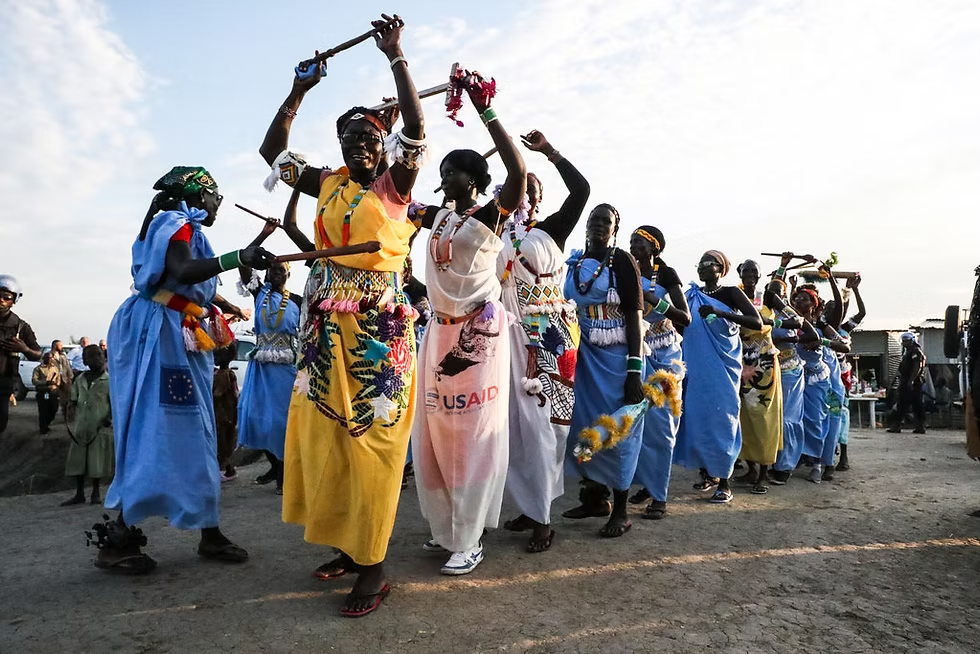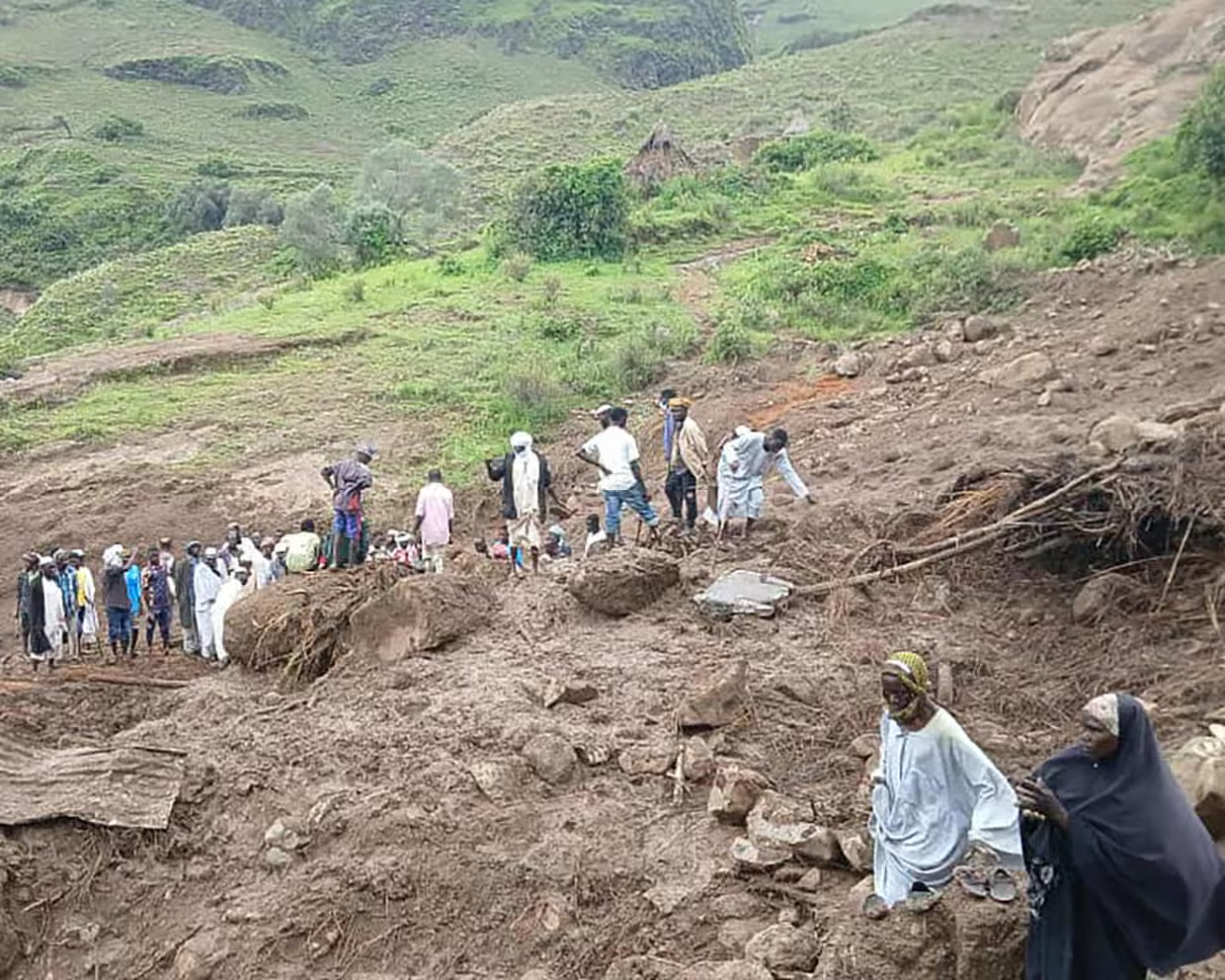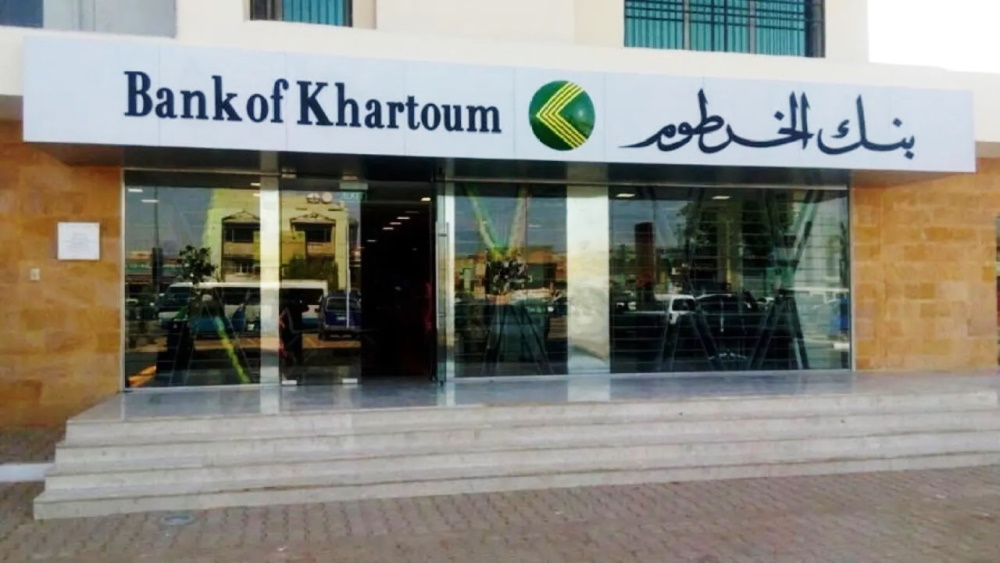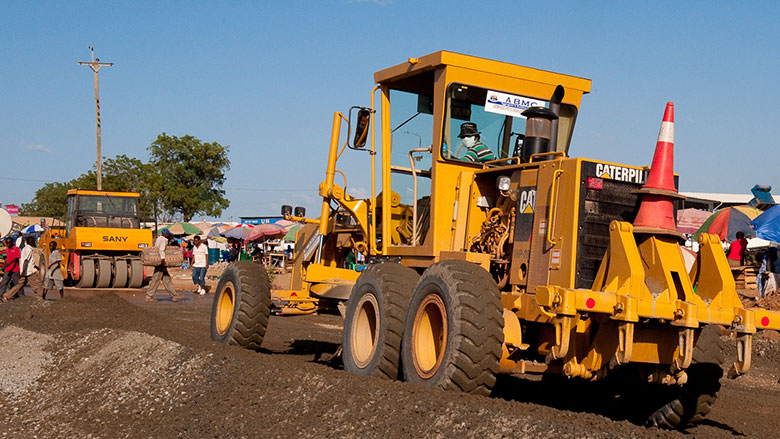The Hadandawa tribe of Eastern Sudan remains deeply protective of its traditions, particularly marriage practices that emphasize honor, fertility, and preservation of tribal identity. Anthropologist Amal Hasaan Fadalla documents these customs in her book, noting that intermarriage is discouraged as a means of safeguarding cultural purity.
Marriage ceremonies center on the Al-Sinkab ritual, where women from the groom’s family prepare palm leaf packages adorned with beads and silk. These are carried in a celebratory procession to the bride’s home, with blessings and songs marking the formation of a new household. The practice symbolizes continuity with ancestral values and collective identity.
Despite the vibrancy of these traditions, Amal observes significant gender inequality, as women’s status is tied to childbearing—particularly the birth of sons. Customs surrounding childbirth reflect this bias, with male newborns celebrated and protected through rituals, while female births receive little recognition.
However, modern influences are slowly reshaping Hadandawa society. Infrastructure developments such as highways and the Port Sudan harbor are bringing greater interaction with outsiders. Amal suggests that, over time, this exposure may soften strict tribal boundaries and encourage more equitable approaches to honor, marriage, and social relations.




